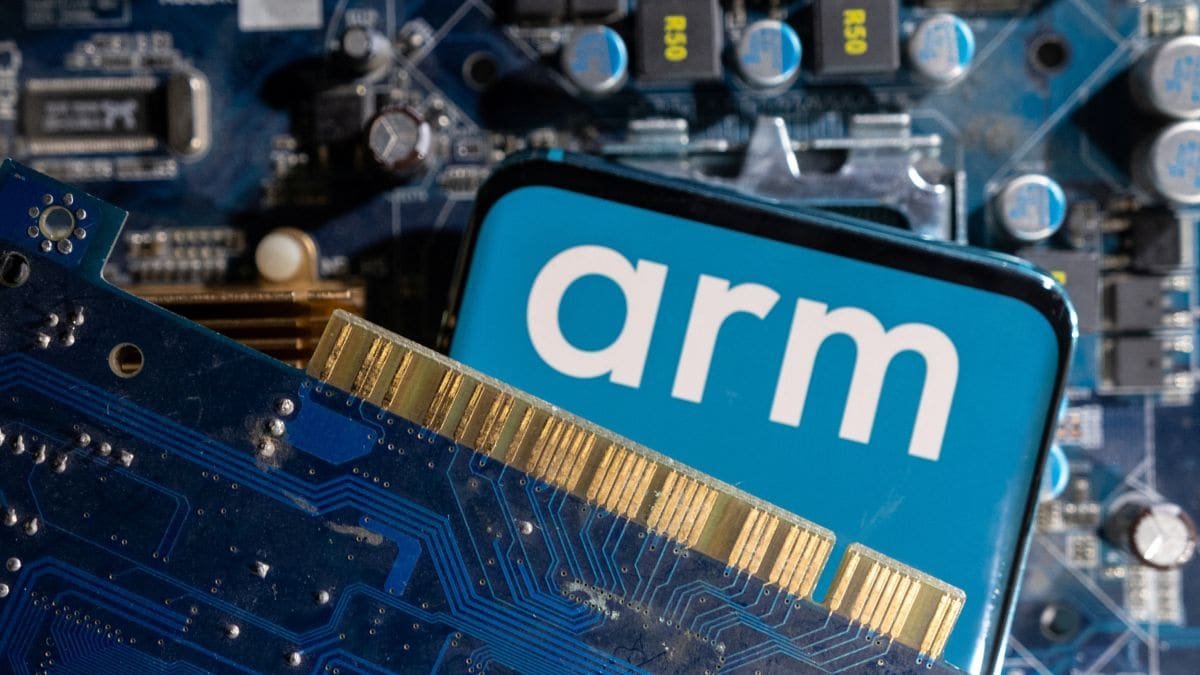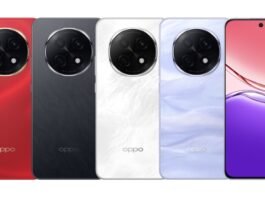Per week of courtroom arguments and deliberations led to a mistrial after the jury did not resolve one in every of three questions put earlier than it within the trial between the 2 chip giants. Qualcomm mentioned the consequence affirmed its proper to innovate, however Arm vowed to hunt a brand new trial.
Arm’s shares had been down 1.8% in prolonged buying and selling after the information, and Qualcomm’s shares had been up 1.8%.
The consequence means the case may very well be tried once more sooner or later — one thing Arm vowed to pursue in a press release following the decision. Judge Maryellen Noreika, who presided over the case in U.S. federal courtroom in Delaware, inspired Arm and Qualcomm to mediate their dispute.
“I do not suppose both aspect had a transparent victory or would have had a transparent victory if this case is tried once more,” Noreika informed the events.
After greater than 9 hours of deliberations over two days, the eight-person jury couldn’t attain a unanimous verdict on the query of whether or not startup Nuvia breached the phrases of its license with Arm.
But the jury discovered that Qualcomm — which bought Nuvia for $1.4 billion in 2021 — didn’t breach that license.
The jury additionally discovered that Qualcomm’s chips, created utilizing Nuvia know-how and central to Qualcomm’s push into the non-public pc market, are correctly licensed underneath its personal settlement with Arm, clearing the way in which for Qualcomm to proceed promoting them.
“The jury has vindicated Qualcomm’s proper to innovate and affirmed that every one the Qualcomm merchandise at challenge within the case are protected by Qualcomm’s contract with Arm,” Qualcomm mentioned in a press release.
An Arm spokesperson mentioned the corporate was “upset” that the jury was unable to “attain consensus” in regards to the firm’s claims and mentioned from the outset the objective has been to guard the corporate’s mental property.
For now, the result paves the way in which for Qualcomm to proceed to push what it calls the “AI PC” in laptop computer chips which can be geared toward dealing with duties resembling chatbots and picture mills. That is a market the place Nvidia, Advanced Micro Devices and MediaTek are additionally planning to make Arm-based processors.
“My greatest fear was what occurs to the longer term roadmap in the event that they (Qualcomm) now not have entry to Nuvia (computing) cores,” Bernstein analyst Stacy Rasgon mentioned. “At this level, that danger is so much nearer to being off the desk.”
The dispute between Arm and Qualcomm centered on what royalty price Qualcomm ought to pay for every chip. Nuvia was set to pay larger charges than Qualcomm earlier than Qualcomm purchased the startup agency and wove its know-how into chips underneath its personal license with Arm at decrease royalty charges.
Ben Bajarin, chief govt of tech consulting agency Creative Strategies, mentioned that Arm’s present development projections haven’t relied on reaping larger charges from Qualcomm as Arm chips enter the PC market.
“They have not factored in, by way of their quarterly (earnings) calls, a win,” Bajarin mentioned. “So none of this adjustments their financial upside. It’s actually only a matter of contractual argument.”
However, the trial’s consequence leaves open the query of the place Arm’s know-how begins and ends. Arm licenses its computing structure to companies but in addition sells designs for computing cores as off-the-shelf merchandise.
Some of Arm’s extra subtle clients, resembling Apple, Qualcomm and Nuvia, license Arm’s architectures however develop their very own customized cores. During the trial this week, Arm’s attorneys insisted its structure license phrases with Nuvia gave it rights to demand the destruction of Nuvia’s customized core designs.
“This does have ramifications for the complete trade,” Jim McGregor of Tirias Research mentioned in an interview. “Whether you are utilizing a typical Arm core, or creating your personal Arm core, it has been the rock of every thing from electrical toothbrushes to satellites.”
© Thomson Reuters 2024




